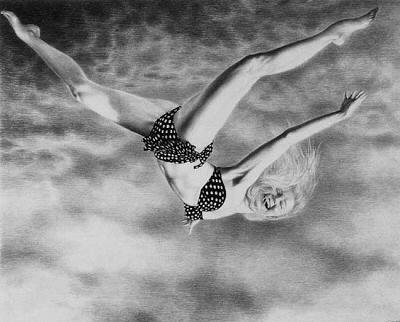Pax Nortona – A Blog by Joel Sax
From the Land of the Lost Blunderbuss
Home - Health - Mental Illness - Addictions - Duel of the Diagnoses
Duel of the Diagnoses
Posted on December 29, 2005 in Addictions Stigma

 In the middle of last year, a workgroup reporting to The Annapolis Coalition drew up a document that criticized mental health care in the United States. That paper sought to express how mental health care failed to serve its clients and, sometimes, made things worse.
In the middle of last year, a workgroup reporting to The Annapolis Coalition drew up a document that criticized mental health care in the United States. That paper sought to express how mental health care failed to serve its clients and, sometimes, made things worse.
I wrote a response which reflected part of my concerns about Dual Diagnosis. For those who don’t know, dual diagnosis refers to people who are both mentally ill and substance abusers. I am not one of these. But I have sat in programs with DDs and observed the way that some programs treat them in comparison to the rest of us who suffered through years of anguish without recourse to self-medicating. In my opinion, the addiction treatment culture of America is one of the many strings that lead to stigma against the mental ill.
Here is an extract from what I wrote about dual diagnosis at the DBSAlliance web site:
I don’t think that there is as much confusion generated in the mental health field as in the treatment of this particular comorbidity. Here are a few things I have observed or heard about:
- People with Dual Diagnoses often choose to buddy up with their former ex-substance abusers and shun programs for their mental illness. This, I believe, adds to the stigma experienced by sufferers of mental illness.
- In one hospital partial hospital program that I was a part of (South Coast Medical Center in Laguna Beach, California), Duals participated in an extra hour of counseling. This lead to extra bonding among the duals. We who were not substance abusers, therefore, found ourselves bullied and left out in the regular programs which continued to focus on addiction models even though they did not fit our needs.
- In the same program, we were told by some therapists that we were just another kind of addict. DD sufferers sometimes abused us for “getting off” on our pain.
- The classic “dry drunk” may actually be a bipolar or other mentally ill person. They don’t seek psychiatric help because psychiatrists “try to get them addicted” on medications.
- The 12 Step Program is often pushed by partial programs even though it may conflict with clients’ belief systems.
- The 12 Steps by themselves have a very poor recovery rate when used by themselves. Yet many people believe that they can help. (I am very glad for DBSA because it provides me a secular, diverse place to get support. Religious people are welcome, but so are nonreligious people such as me.)
- The whole “war on drugs” confuses people. Severely ill people (I was myself one of these at one time) avoid psychiatrists because, as with the dry drunk, they fear “addiction”. That the report shys from mentioning this is bothersome and disturbing.
- While the Big Book specifically inveighs against getting between a patient and his doctor, many 12 Step Members believe that one of their goals is to get people off their psychotropic medications. We must, they say, be completely drug free. This pushes a curious variety of stigma in which the severely mentally ill patient who is better because of his drugs finds himself unsupported by fellow 12 Step members or even cut off entirely. I have known a few people — active in AA and Emotions Anonymous — to drop their meds entirely because of this strange shame.
I understand the hardship of addiction only vicariously. I can see the strain in the faces of addicts. But because of the emphasis we have placed on drugs as a Society, we have led to the stigma of those of us who don’t use them and yet are mentally ill. If we aren’t on drugs, we are told, we must be. Or we’re faking it. Or we’re “going to go postal”. None of these is kind.
To 12-Steppers: Don’t treat me as if this were a hallucination. These observations were drawn not only from my own experiences, but from others. I don’t discount the value of the 12 Steps as part of some peoples’ recovery programs and I have never told an alcoholic to stop attending AA meetings, etc. I speak specifically to the fact that many bipolars feel that they need to go underground when they join 12 Steps programs. Alcoholics and other addicts in DBSA programs are never turned away, never told to stop their recovery program. The greatest favor you can do the mentally ill is to encourage them as they pursue their recovery under a psychiatrist’s care. We don’t make you feel guilty for your mistake of choice: you shouldn’t make us feel bad because we were born with this disease that we have.

